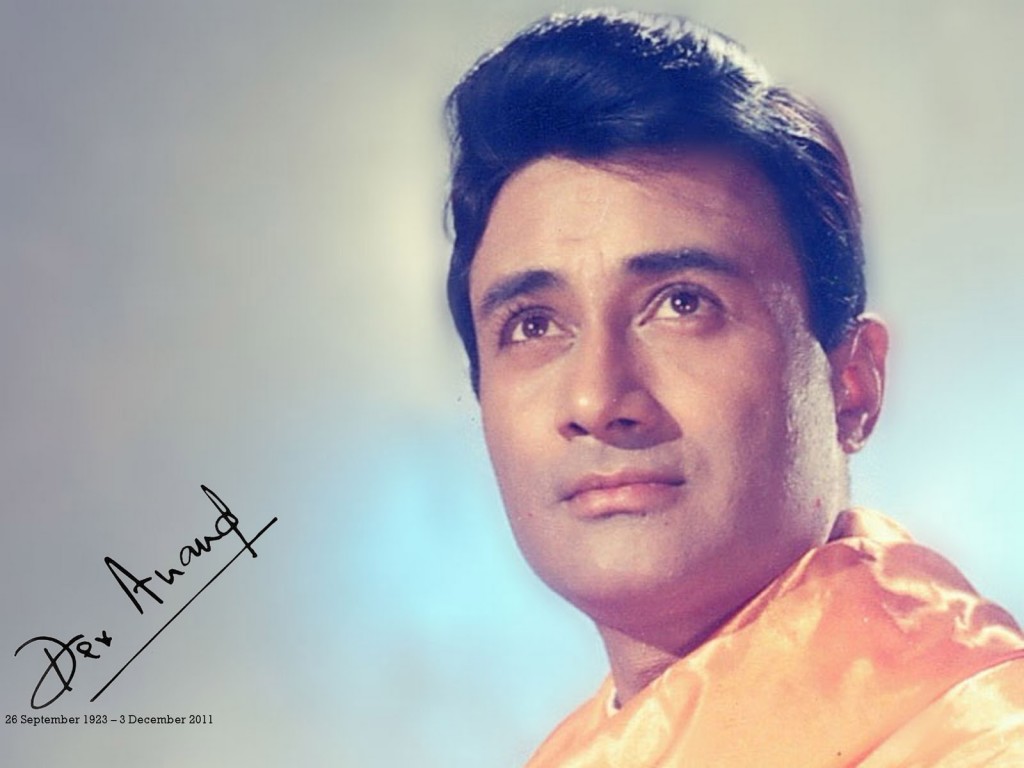On Monday, September 26, a number of articles appeared in the electronic media celebrating what would have been the 93rd anniversary of Dev Anand (1923-2011). This was a pleasant surprise for me, a Dev Anand fan.
Equally pleasant was an evening I spent at the Air Force Auditorium where a programme, called ‘In Love with Dev Saab,’ was organized on Friday. It was truly a labor of love. A Delhi-based businessman, Rakesh Sharma, had organized it, having invited several professional singers and an orchestra. In fact, his entire family—his wife Anita, two daughters—were fully involved in the event.
A labor of love because there was no effort or desire to get it publicized, to invite the media, to call up journalist friends to get the event covered. The gathering was informed that Sharma’s passion for Dev Anand is boundless, that he is kind of PhD on late star, that he should be known as Rakesh Anand rather than Rakesh Sharma!
Of course, fans do a lot for the film stars they adore; in south India, fans do the craziest things for their icons. But in the case of Dev Anand, it is different. He did not have a cult following; not a single dialogue from any his movies will figure in the most popular 10 dialogues from Hindi films; not a single intellectual, with the exception of Nasiruddin Shah, would admit their admiration for Dev Anand (Typically, intellectuals would talk about avant-garde filmmakers and ‘new wave’ actors).
Further, Dev Anand never peddled syrupy socialism like Raj Kapoor did, nor was he like Bimal Roy, who promoted ‘progressive’ causes. And Dev Anand also committed the cardinal sin of cultivating the image of a happy-go-lucky, Westernized chap. As the impressionist painter Pierre-Auguste Renoir once said, “Cheerful people aren’t taken seriously. Art got up in a pompous fashion will always impress.”
In a country corrupted by Gandhi’s perverse philistinism and abnegation, in a society where cinema is regarded worthless unless it conveys some message, it is to the credit of Dev Anand that his blithe persona is still held in high esteem. He got all kinds of awards, including Padma Bhushan and Dadasaheb Phalke Award.
Yet, few have been able to recognize the Dev Anand phenomenon; it was not just about a stylish actor and filmmaker but also about variegated nuances of the urban male in a young, modernizing nation. He often portrayed flawed characters, but they always redeemed themselves. And he broke new grounds. How many would have dared to delineate a quasi-incestuous theme (Bumbai ka Babu) or an adulterous, inter-religious affair (Guide) over half-a-century ago?
Therefore, it is indeed gratifying to notice that there is considerable interest in, if not revival of, Dev Anand.
